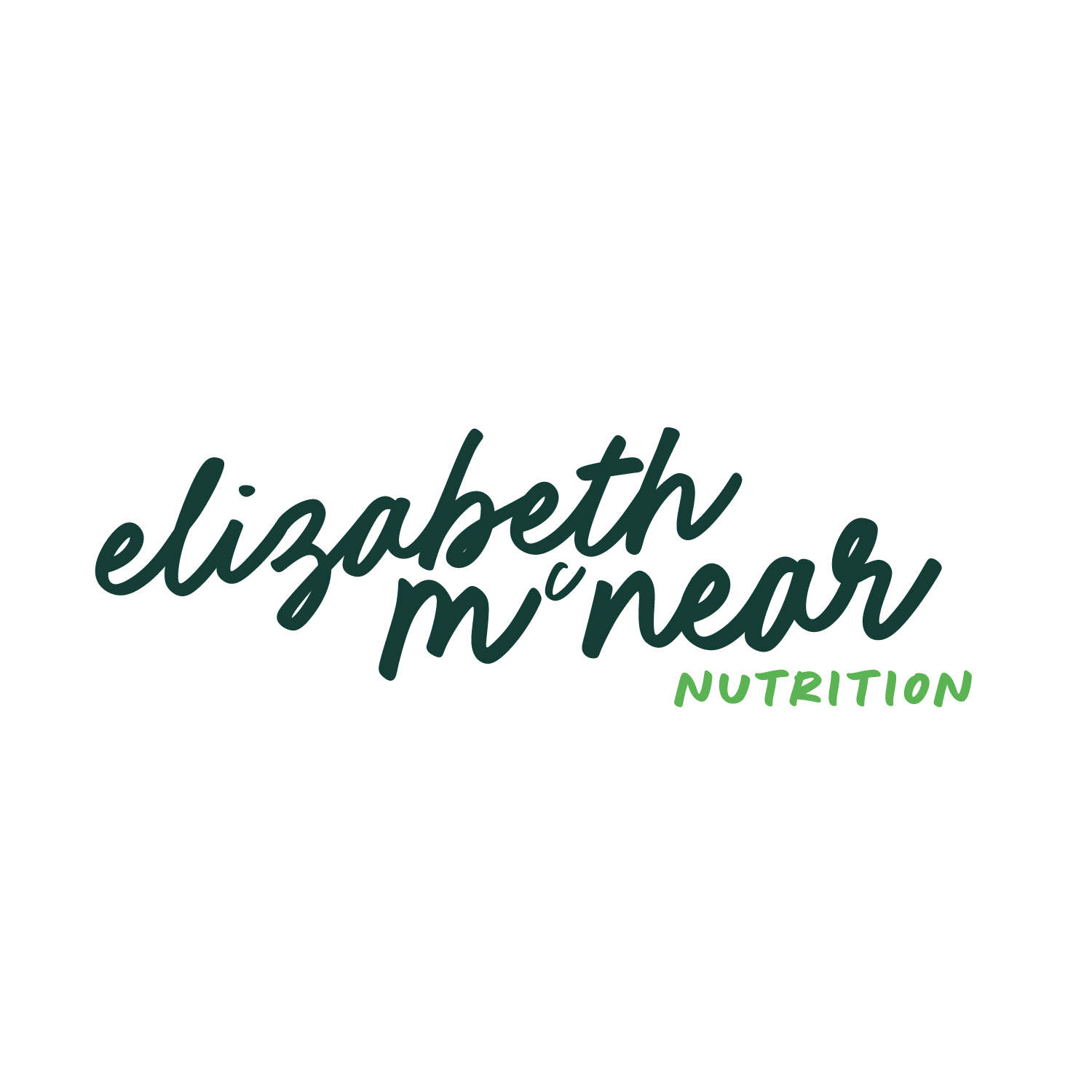Is Creatine the Missing Link in your Health Routine?
Creatine has long been a staple in the athletic community, celebrated for its ability to boost strength and muscle mass. But what if I told you that this naturally occurring compound, found in our muscles and brain, offers a much wider range of benefits that extend far beyond the weight room? Emerging research is revealing creatine’s potential to support various populations, from new mothers to those recovering from injury, and even aging individuals.
For Athletes: Power and Performance
Creatine remains a top-tier supplement for supporting quick burst movements and muscle building. It primarily works to increase the body’s stores of phosphocreatine, which helps generate ATP, the primary energy currency of our muscle tissue. This means more readily available energy for high-intensity, short burst activities like sprinting, weightlifting, and jumping.
Supplementing with creatine can increase both strength and power in athletes. Creatine can allow for more reps, heavier lifts, and more explosive movements. Consistently completing more work at a higher output can translate into increased muscle mass and strength.
There has long been a misconception that creatine dehydrates, but the opposite is actually true. Creatine can help draw water into the muscle cells, which not only promotes intracellular fluid retention, but also promotes an anabolic environment that can aid in protein synthesis.
For New Mothers: Energy and Well-being
The postpartum period is incredibly demanding both physically and mentally. While more research is needed, emerging evidence suggests creatine may offer unique benefits for new mothers.
Creatine can help raise alertness and improve cognitive function, which can be invaluable when battling sleep deprivation. Some studies are also showing a link between creatine supplementation and reduced symptoms of depression. This supplement should not be used as a replacement for traditional antidepressants or therapy, but may be able to provide small amounts of relief from depressive symptoms.
Similar to an athlete, your body and muscles have been through a lot in the process of childbirth. Creatine’s role in ATP production could aid in overall energy levels and physical recovery in the days following childbirth.
For Individuals Recovering from Injury: Accelerated Healing
When an injury sidelines you, maintaining muscle mass and expediting recovery are paramount. Creatine shows significant promise in helping to get you back to baseline quicker!
In periods of immobilization post surgery, creatine can help with minimizing muscle loss. Muscle breakdown begins within the first 24 hours post surgery, so it is important to combat this as quickly as possible.
Creatine can also aid in the repair of damaged muscle fibers by promoting muscle synthesis. Combined with physical therapy, creatine can accelerate the rebuilding of muscle strength.
For Aging Populations: Boost bone and brain health
As we age, muscle loss and cognitive decline become significant concerns. New research is showing how creatine supplementation can help to support healthy aging.
Creatine, especially when combined with resistance training can help preserve and increase muscle mass in older adults. This can improve mobility and reduce the risk of falls. There is also research showing how creatine may contribute to maintenance of bone mineral density to promote even stronger bones in addition to stronger muscles.
Emerging research shows promise that creatine supplementation can enhance cognitive function, including memory and processing speed in older adults.
Is Creatine Right for You?
While creatine is generally considered safe for most healthy individuals, that doesn’t mean it is right for everyone. It is important to have a well rounded diet and solid nutrition foundations before introducing any supplement to the diet. Without proper fueling, you likely won’t be getting the most out of your supplements! It is also important to consider appropriate dosing, timing, and type of creatine taken to ensure it aligns with your health goals and is taken in a manner that will support them. If creatine is a supplement you are interested in, but not sure how to incorporate it into your routine, reach out and let’s talk!
Now go call your grandma!
Elizabeth
P.S. If you are ready to start dominating your health goals, go here to set up your free discovery call and book a package.


